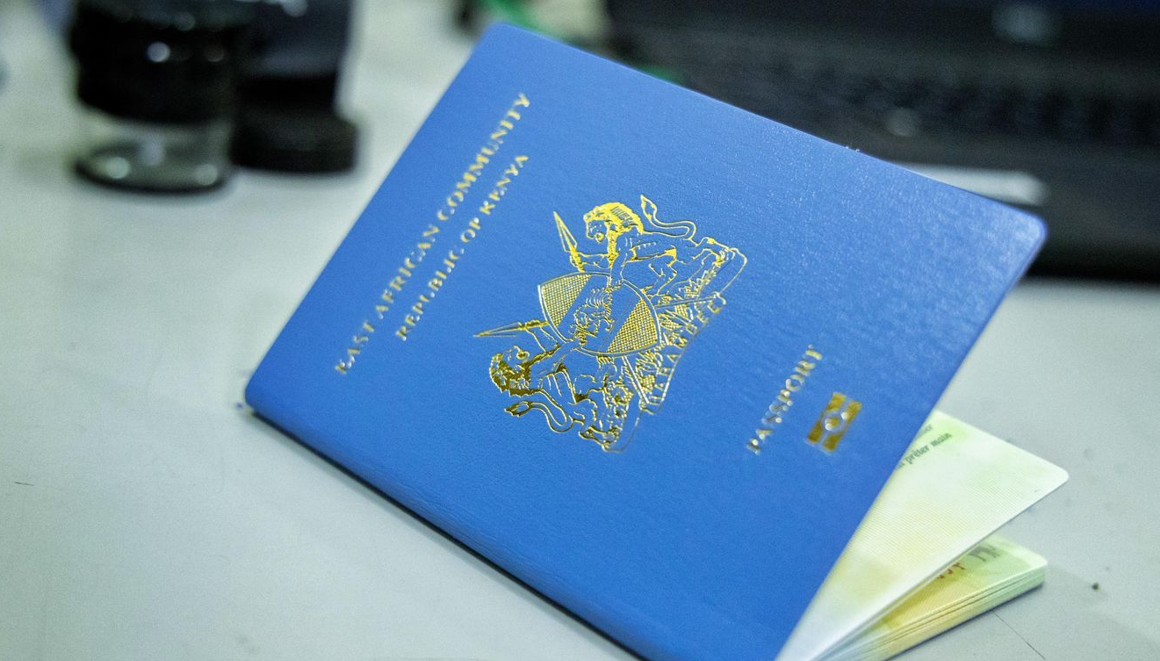Kenyans shun costly government services as fees for crucial documents rise

The National Treasury has defended the fee hikes, arguing that the increased revenue would reduce dependence on taxpayers to fund government operations.
Kenyans are reducing their use of government services due to a sharp rise in fees for essential documents such as identification cards (IDs), passports and land searches.
Despite the increased charges, revenue collections from these services have dropped, signalling a shift in public behaviour.
More To Read
Data from the latest quarterly economic and budget review report by the National Treasury shows a decline in non-tax revenue commonly known as appropriations in aid over the first six months of the 2024-2025 financial year.
Collections fell to Sh210.9 billion between July and December 2024, compared to Sh224.6 billion in the same period the previous year.
This marks a rare downturn, as ministerial appropriations in aid had been consistently growing for the past five fiscal cycles, including the pandemic years.
The trend was expected to continue, especially after the government increased fees for services such as work permits and marriage certificates to boost revenue.
While the Treasury had anticipated that higher service charges would generate more income for ministries and state agencies, the strategy appears to have backfired.
The steep costs have discouraged many citizens from applying for key documents, leading to lower-than-expected revenue.
The drop in collections also raises concerns about the financial sustainability of government agencies that rely on these funds to operate. Typically, these revenues come from fees charged by agencies, donor grants or funds allocated by the Treasury for specific projects.
However, receipts from external grants remained strong during the period, increasing more than twofold to Sh14.7 billion from Sh5.4 billion the previous year.
The National Treasury has defended the fee hikes, arguing that the increased revenue would reduce dependence on taxpayers to fund government operations.
However, with revenues declining instead of rising, questions remain about the effectiveness of the strategy and its long-term impact on service delivery.
Top Stories Today






















